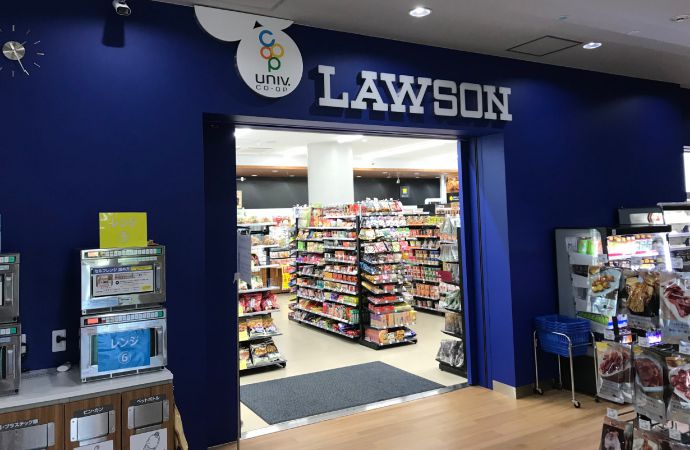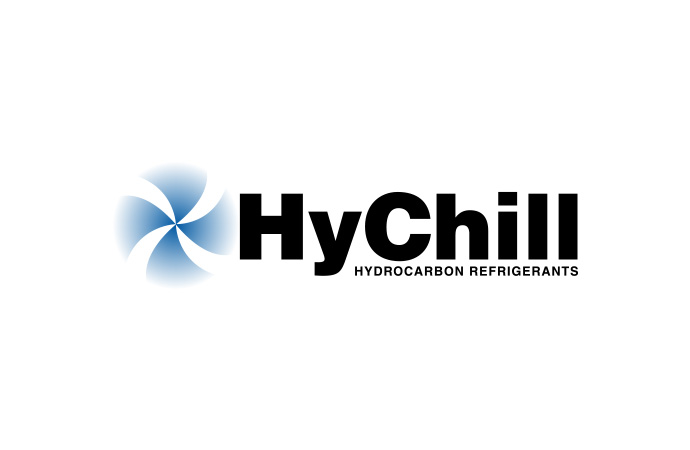In China, two rival camps have emerged over whether the country should choose hydrocarbons as replacement for HCFCs, with the debate focusing on the safety aspect. HyChill China, a leading actor in hydrocarbons safety education in China believes that education to dismiss people’s concerns over safety is the key step to promote hydrocarbons in the region.

Most air-conditioners produced in China currently use hydrochlorofluorocarbons (HCFCs) or hydrofluorocarbons (HFCs) as refrigerant gas. R22 and R410A are the two most commonly used refrigerants. As one of the biggest consumers of HCFCs and HFCs, China’s refrigeration industry is currently urged to transition towards more climate friendly refrigerants, such as hydrocarbons.
Industrial roadmap supports hydrocarbons
At the end of 2011, China Household Electrical Appliances Association (CHEAA) released China’s first industrial roadmap on replacing HCFCs with new refrigerants including R290 and R744. Regarding the foam sector, the roadmap calls for the wide industrialisation of R290 and declares the hydrocarbon gas as the main replacement for HCFC-141b.
Controversy over safety of hydrocarbons
After the release of the roadmap, the debate over whether hydrocarbons should be the main replacement option for HCFCs became vigorous and two rival camps seem to have gradually surfaced.
The debate mainly focuses on hydrocarbons’ safety. CHEAA, environmentalists, certain research institutes and several leading air conditioner manufacturers are the main supporters of a transition to the use of hydrocarbons. They believe that hydrocarbon refrigerants are safe if handled and used with adequate safety measures. They look at the experience in many developed countries, where hydrocarbons are in widespread use and have been used commercially as replacement for HFC-134a and CFC-12 for more than 20 years. They highlight that hydrocarbons would not only cut greenhouse gas emissions but also achieve energy savings.
The other camp holds a comparative passive attitude towards hydrocarbons, although they confirm their advantages in reducing carbon emissions. This camp believes hydrocarbons do not constitute an ideal replacement for HCFCs because of flammability risks. They take the example of the US who until recently prohibited the use of hydrocarbons in domestic refrigerators and refer to figures by the US Environment Protection Agency that foresee up to 30,000 fires caused by the non-proper handling of hydrocarbon fuel every year in the US. From their point of view, because of safety concerns, hydrocarbons would be a temporary solution that like CFCs, HCFCs and R410A, would soon need be replaced.
HyChill China’s hydrocarbons safety education
Some hydrocarbon refrigerant suppliers such as HyChill China, an independently owned enterprise that supplies HyChill (Australia) products into the Chinese markets, have realised that proper safety training in hydrocarbons of designers and service technicians, as well as end users is a key step to alleviate people’s reservations over the hydrocarbons safety and promote their wide use in China.
The hydrocarbon refrigerant supplier is a leading actor in hydrocarbons safety education in China. It does not only provide training to its technicians on how to install and maintain equipment safely but also give detailed instructions to the non-technical staff and end users on safe handling of flammable refrigerants and important points for consideration. As a result, there has not been any reported fire incident related to HyChill’s hydrocarbon products placed on the Chinese market.
MORE INFORMATION
Related stories




